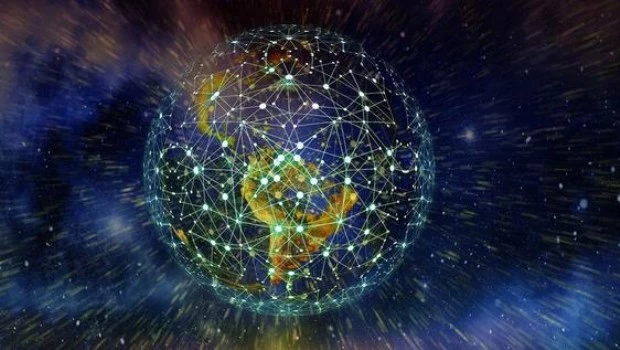In this third installment of articles based on Dubai Future Foundation's (DFF) “The Global 50” report, we're going to explore another technology megatrend of the future: digital realities. As we mentioned in previous events, the DFF report analyzes ten megatrends that have the potential to reshape the future of humanity, and in this case we focus on four that are directly related to technology.
This new trend immerses us in a universe where digital natives (those who have grown up with digital forms of entertainment, education and communication) are increasingly directed towards sophisticated virtual worlds. These worlds not only mirror reality, but also enhance real-world tasks and behaviors in 3D and 4D environments.
The deployment of 5G and 6G networks boosts the expansion of autonomy and IoT (Internet of Things) applications by providing more reliable, affordable and secure high-speed connectivity. Additionally, advances in quantum computing, communications, and sensors are enabling immersive experiences that feel increasingly like reality.
This shift towards digital is not limited to a specific sector. For DFF, this covers areas ranging from arts and media to cyber security and professional services. However, the real power of digital realities lies in their ability to connect the digital with the physical, and key in that: delivering immersive experiences that transcend the virtual.
A clear example is haptic augmented reality (which interacts with humans through the sense of touch), which enhances customer experiences in fields as diverse as construction and engineering. In these and similar areas, digital products and services can take on a physical dimension, allowing users to interact with information and content in a tangible way.
But as we explore these new digital frontiers, we must also be aware of their environmental impact. Technologies such as augmented reality and blockchain promise to improve efficiency and improve energy and resource use, which pose challenges in terms of energy consumption and carbon footprint.
To meet these challenges, it is important to adopt strategies that promote energy efficiency and sustainability in the technology sector. These include the use of renewable energy, proper management of e-waste, and innovation in algorithms that reduce energy consumption, particularly blockchain networks.
Finally, because it couldn't be otherwise, the report highlights the transformative role of artificial intelligence, which has the potential to revolutionize fields such as customer service and software engineering. This technology can not only improve search and content creation, but can also be used to improve decision-making, personalization and task automation, which could generate $4.4 trillion in economic value.
As we have just seen, digital realities are redefining the way we interact with the world around us, offering new opportunities for innovation and economic growth. However, it is crucial to take a responsible and sustainable approach to digital technology in all its forms to maximize its potential and minimize its negative impact.

